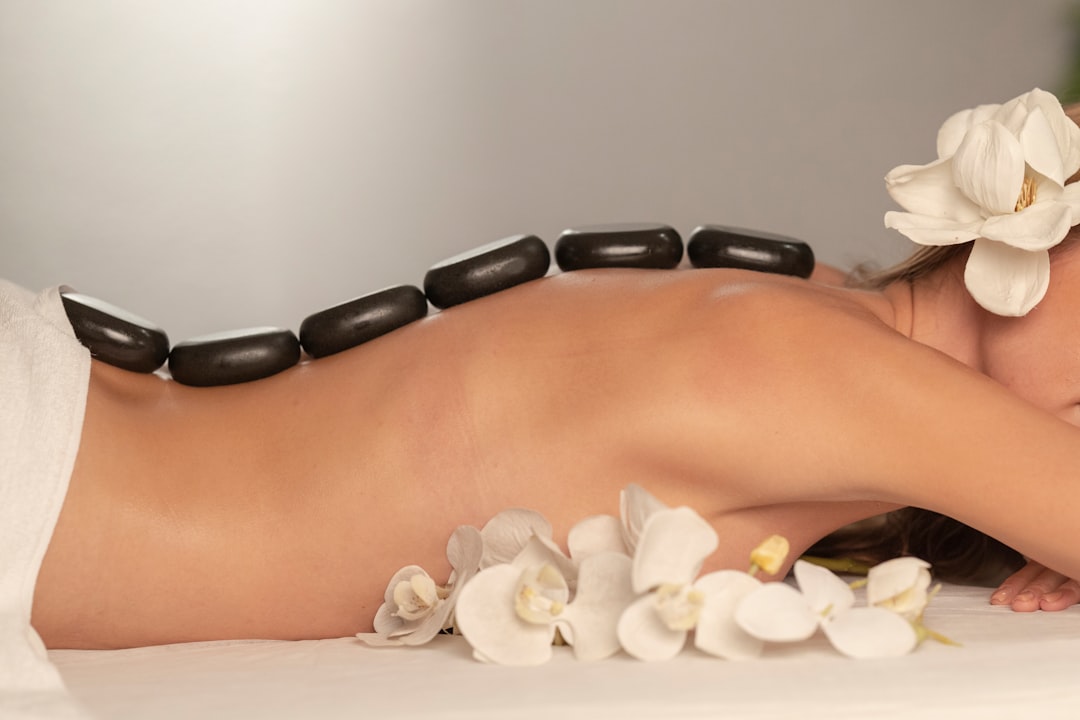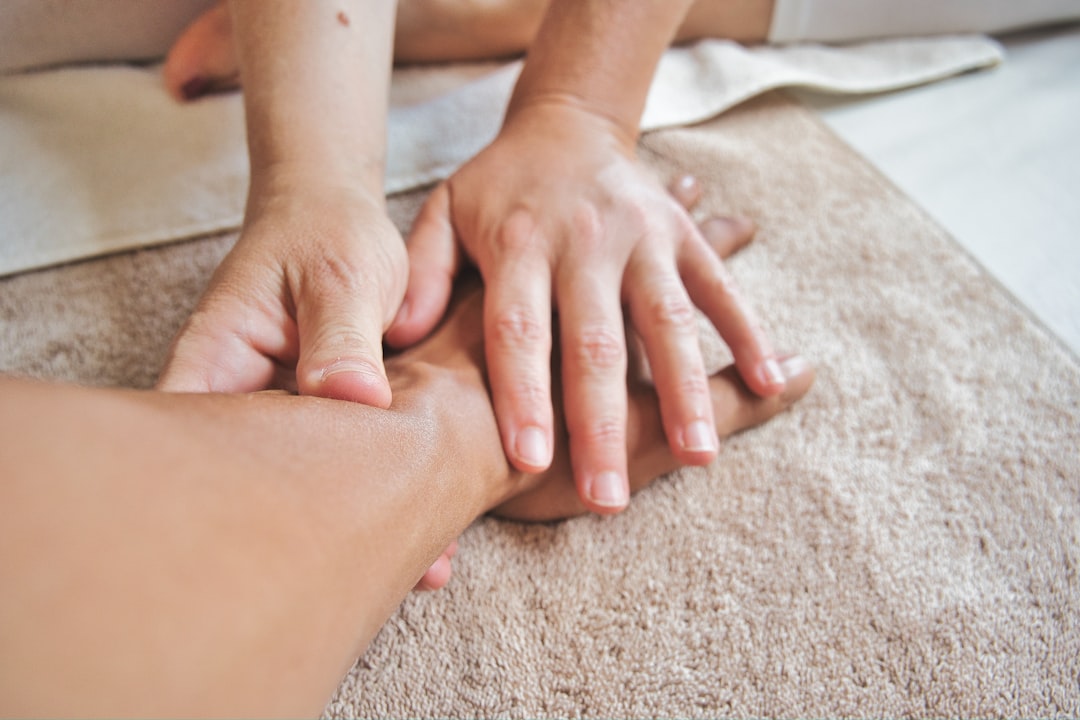In New Jersey's diverse healthcare setting, cultural sensitivity is legally required for massage therapists to avoid legal issues and client misconduct. Therapists must navigate multicultural clients by understanding individual preferences, recognizing biases, and adhering to local laws regarding consent, privacy, and boundaries. Preventing massage abuse involves clear communication, establishing safe environments, and documenting incidents for protection against potential allegations, with guidance from a qualified massage abuse attorney in New Jersey when needed.
In the diverse landscape of New Jersey, cultural sensitivity is paramount in massage therapy practice. This comprehensive guide explores three critical aspects: understanding legal implications of cultural competence, navigating New Jersey’s diverse communities with best practices, and preventing & addressing massage abuse—essential topics for therapists and massage abuse attorney alike. Discover expert strategies to foster inclusive environments and ensure ethical practices.
Understanding Cultural Sensitivity in Massage Therapy: A Legal Perspective

In the dynamic landscape of healthcare, cultural sensitivity is no longer a nicety but an essential aspect of patient care. For massage therapists in New Jersey, understanding this concept from a legal perspective is crucial to avoid potential incidents of massage abuse. New Jersey’s diverse population presents a variety of cultural backgrounds and beliefs, which must be respected within the therapeutic environment. A knowledgeable therapist respects these differences, ensuring that every client receives treatment tailored to their specific needs without causing harm or discomfort.
Legal implications arise when cultural insensitivity leads to misconduct, including accusations of massage abuse. Therapists must be vigilant about consent, communication, and understanding clients’ boundaries, especially when dealing with individuals from different cultural backgrounds. Consulting with a massage abuse attorney in New Jersey can provide therapists with guidance on navigating these sensitive issues, ensuring compliance with legal standards, and fostering a safe, respectful environment for all clients.
Navigating Diverse Communities in New Jersey: Challenges and Best Practices

Navigating Diverse Communities in New Jersey presents unique challenges for massage therapists, particularly as the state is known for its multicultural fabric and high immigrant population. Understanding cultural nuances is crucial to providing sensitive and effective therapy. Therapists must be aware of implicit biases and unspoken rules that vary across communities, ensuring an inclusive environment where clients feel respected and understood.
Best practices include educating oneself about diverse cultures, learning basic language phrases, and being open to adapting massage techniques according to personal preferences. Additionally, therapists should stay informed about local laws and cultural sensitivities regarding consent, privacy, and appropriate touch, especially with the presence of massage abuse attorney New Jersey cases highlighting ethical considerations in the industry.
Preventing and Addressing Massage Abuse: Strategies for Practicing Therapists

Preventing and addressing massage abuse is a critical aspect of ethical practice for therapists in New Jersey. Therapists must be vigilant to recognize signs of potential abuse, which can range from sexual harassment to inappropriate physical contact. Establishing clear boundaries and communicating them effectively with clients is essential. This includes discussing consent, the scope of services offered, and what behaviors are unacceptable. Therapists should also ensure a safe and comfortable environment, allowing clients to feel empowered to voice any concerns or stop sessions if needed.
In case of suspected abuse, therapists should have protocols in place for reporting and documenting incidents. Knowing local resources, such as law enforcement or massage therapy licensing boards, is crucial. Additionally, keeping accurate records can be beneficial when dealing with potential legal matters. If a client makes allegations, it’s advisable to seek guidance from a qualified massage abuse attorney in New Jersey to ensure the therapist’s protection and adherence to professional standards.




